Politics and Government
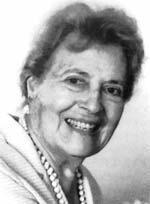
Virginia Snitow
Virginia Levitt Snitow was a multifaceted woman who was a teacher, political activist, pre-Second Wave feminist, poet, writer and founder of US/Israel Women to Women. Ahead of her time in the fight for both civil and women’s rights, Snitow was unafraid to take unpopular stances when fighting for others.
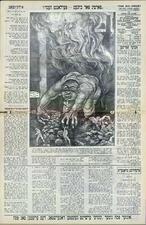
Socialism in the United States
Sociodemography
Over the last several decades, Jewish women attained significant achievement in the socio-economic sphere and played a leading role in maintaining Jewish continuity. In general, Jewish women are educated and participate in the labor force at higher rates than their non-Jewish counterparts.
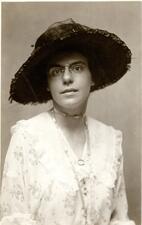
Emily Solis-Cohen
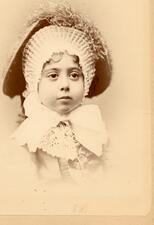
Judith Solis-Cohen
Barbara Miller Solomon
Barbara Miller Solomon was not only an educator but a pioneer in the field of women's history. Named the first female dean of Harvard College in 1970, she laid the groundwork for the formal establishment women’s studies there. Her scholarship on the history of immigration and women's history remains influential today.
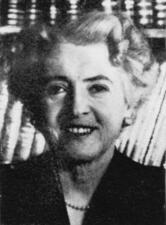
Bertha Solomon
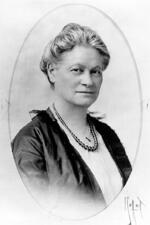
Hannah Greenebaum Solomon
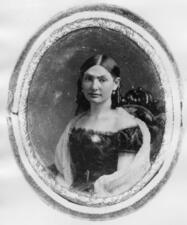
Hannah Marks Solomons
Hannah Marks Solomons was an influential San Francisco educator and civic worker, as well as the wife of a leading member of the Jewish community.
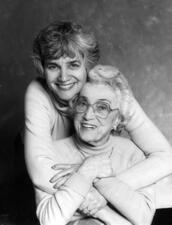
Miriam Belsky Solotaroff

Judy Somberg
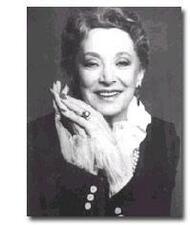
Estelle Joan Sommers
Estelle Joan Sommers was a designer, entrepreneur, and executive who made her career in retail dancewear, introducing innovative designs for Capezio’s dance and exercise clothing.
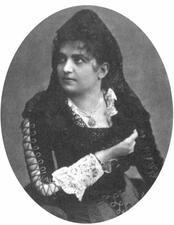
Rosa Sonneschein
Rosa Sonneschein created and edited the American Jewess, the first English-language magazine for Jewish women in the United States, where she advocated for the expansion of women’s roles in the synagogue and the Jewish community and expressed her strong support for Zionism.
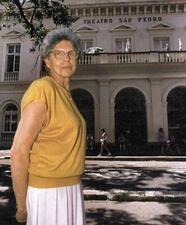
Eva Sopher
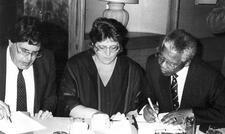
South Africa
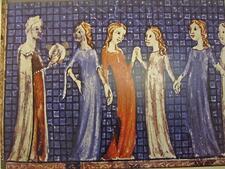
Medieval Spain
Written histories of Jews in medieval Spain rarely include women, so one must seek alternate sources. Marital status was the frequent topic of rabbinic responsa. Some Jewish women made their own income as merchants and moneylenders. Inheritance laws were problematic for Jewish women – disputes were settled in both Jewish and non-Jewish courts.
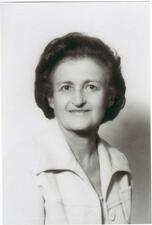
Johanna Spector
Johanna Spector was an influential ethnomusicologist whose writings, recordings, and film projects documented the music of little-studied Jewish communities from around the world. After surviving the Holocaust, Spector earned her doctorate, founded the ethnomusicology department at the Jewish Theological Seminary, established the Society for the Preservation of Samaritan Culture, and served as president of the Asian Music Society.
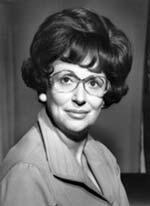
Gladys Noon Spellman
During her five years in Congress, Gladys Noon Spellman was a voice for fiscal reform. Elected in 1975, Spellman served on the Committee on Banking, Currency and Housing, the Democratic Steering and Policy Committee, and the Committee on Post Office and Civil Service. Her service coincided with a period of American politics in which Jews were becoming increasingly visible, both as voters and as elected officials.

Ruth Sperling
Dora Spiegel
Dora Spiegel served in many fields, including education, the organization of league sisterhoods, and publications stimulating women’s loyalty to the synagogue and the Jewish home. She helped found the Women’s Institute of Jewish Studies at the Jewish Theological Seminary of America, influencing the lives of countless Jewish women and children.
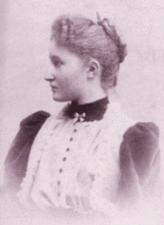
Flora Langerman Spiegelberg
Flora Langerman Spiegelberg made substantial innovative contributions to civic welfare and Jewish life. She was a nineteenth-century settler of New Mexico and a twentieth-century progressive reformer in New York City who fought for public sanitation regulations and better working conditions for garbage collectors.
Edith I. Spivack
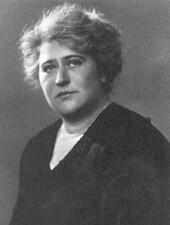
Constance Amberg Sporborg
Constance Amberg Sporborg was a career clubwoman who dedicated her life to the advancement of women’s rights, immigrant settlement, international organizations, and world peace. Working in New York City in the early twentieth century, Sporborg aided both Jews and gentiles.
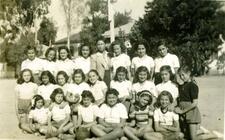
Sport in Israel: Yishuv to the Early 21st Century
Women have been involved in sports in Israel since the Yishuv period, participating as teams, as individuals, and as coaches. Though more women are now participating in competitive sports, the field still reflects a masculine culture of power struggle and a desire to defeat the enemy. More recent political efforts in Israel have attempted to achieve women's equality in athletics.
Sports in Germany: 1898-1938
Women’s participation in Jewish gymnastics clubs increased significantly during the first two decades of the twentieth century. The Jewish sports movement grew during the 1920s, allowing women to participate in cross-country running, swimming, and tennis. After German sports clubs annulled Jewish membership in 1933, women poured into these Jewish sports groups.


